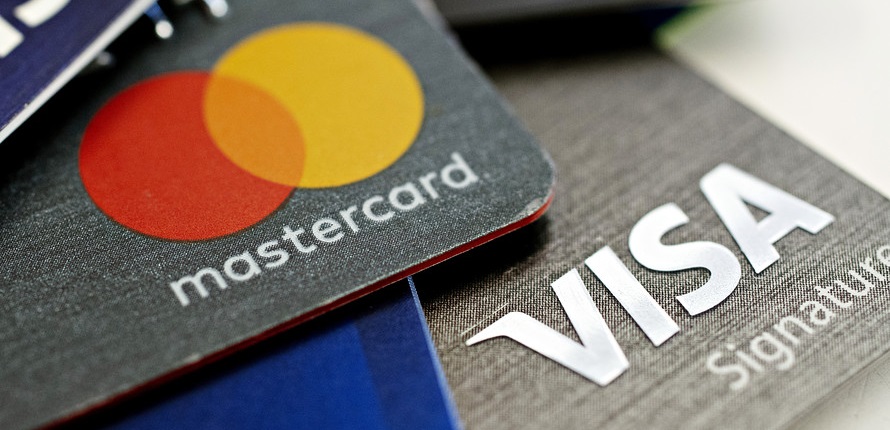
Following Mastercard, Visa, and PayPal’s decision to put their operations on hold in Russia over the country’s invasion of Ukraine, leading data and analytics company GlobalData has calculated that these major payment processors will miss out on a combined total of $2.4 billion in revenue—based on revenues lost from both Russia and Ukraine.
Murthy Grandhi, Banking Analyst at GlobalData, comments: “In 2021, Mastercard generated around $755 million in revenue from Russia and $378 million from Ukraine, which translates to around 4% and 2% of its total revenue, respectively. Meanwhile, Visa had exposure of approximately $964 million in Russia and $241 million in Ukraine, which accounted for roughly 4% and 1% of its total revenue, respectively.
“PayPal had already exited from domestic services in Russia in 2020, but the company has now announced that has restricted its remaining business activities in the country, which included blocking the e-wallets of Russian clients from March 18, 2022. PayPal derived only 0.5% of its revenue from Russia and Ukraine, which amounts to approximately $127 million.”
Discover, another major US payment industry player, has also suspended plans to enter the Russian payment market. It was in the process of registering itself as a foreign payment system operator with the Russian Central bank and establishing a branch office in the country.
Grandhi continues: “Cards issued by Russian banks on these networks will now not work outside Russia. However, consumers can still use the cards for making payments within the country until their expiration, as the domestic payments in Russia are processed through the domestic National Payment Card System. To offset these sanctions, the Central Bank of Russia intends to issue co-badged payment cards connecting China’s UnionPay and Russia’s Mir systems.”
With the ongoing list of economic sanctions, select Russian banks were already barred from the SWIFT global banking system.
Grandhi adds: “Although the ban from SWIFT will not completely prevent Russian banks from making cross-border transactions with international partners, it makes the complete process more expensive, challenging and less secure. To counter the SWIFT decision, Russia’s domestic System for Transfer of Financial Messages (SPFS) could integrate with China’s payment system, the Cross-Border Interbank Payment System (CIPS), on the back of its significant usage of the Chinese renminbi for global payment and trade purposes.”
Banking 4.0 – „how was the experience for you”
„To be honest I think that Sinaia, your conference, is much better then Davos.”
Many more interesting quotes in the video below: